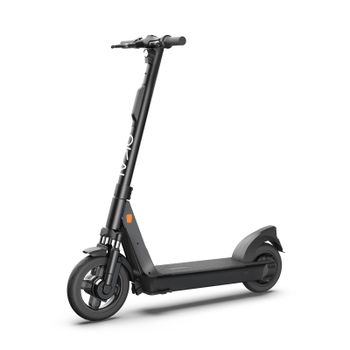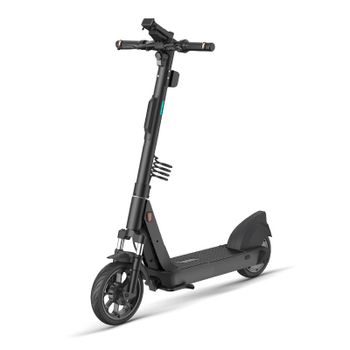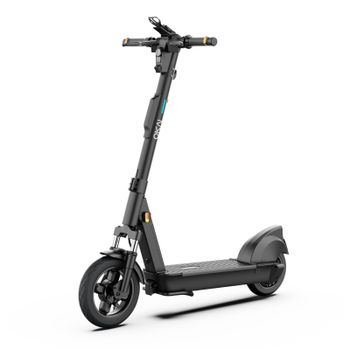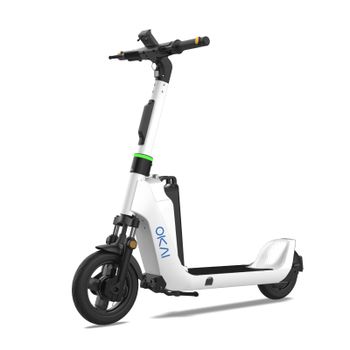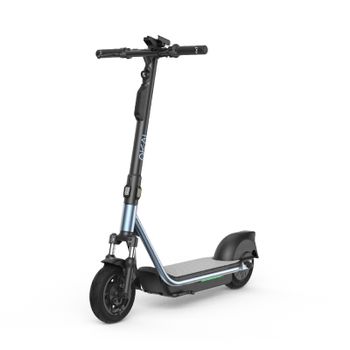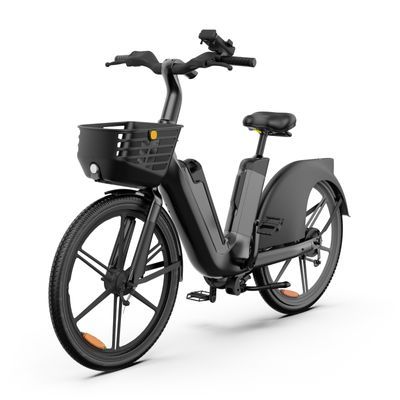How Much Does a Lightweight Electric Bike Weigh?
Electric bikes (e-bikes) have transformed the way we think about transportation, offering a versatile, eco-friendly alternative to cars and traditional bikes. One of the key factors to consider when purchasing an e-bike is its weight. But how much does a lightweight electric bike weigh, and how can you determine which e-bike weight is right for you? In this comprehensive guide, we will explore everything you need to know about e-bike weight, the factors that influence it, and how to choose the best weight for your specific needs.
Why E-Bike Weight Matters
When it comes to e-bikes, weight plays a significant role in performance, portability, and ease of use. The weight of an e-bike can impact how fast it accelerates, how easy it is to carry or transport, and how comfortable it is to ride. Lightweight electric bikes are becoming increasingly popular due to their ability to balance power with portability.
1. Performance and Handling
One of the most critical factors influenced by an e-bike’s weight is its performance and handling. Lightweight electric bikes offer better maneuverability, making them ideal for urban commuters who need to navigate through traffic or tight spaces. Additionally, a lighter e-bike is easier to accelerate, requiring less effort from the motor and battery, which can extend your range.
2. Portability and Storage
If you plan to carry your e-bike up stairs, store it in a small apartment, or transport it in a car, the bike’s weight is a key consideration. E-bikes that weigh less are easier to handle and transport, especially for riders who might not have the strength to lift a heavier model. A lightweight electric bike can be folded, stored, or carried with ease, making it perfect for commuters or anyone living in a space where storage is limited.
3. Battery Life and Range
Interestingly, the weight of an e-bike can also influence its battery life and range. Heavier e-bikes require more power to move, which means the battery may drain faster. In contrast, lightweight electric bikes are more energy-efficient, as the motor requires less power to propel the bike forward, allowing you to ride longer distances on a single charge.
How Much Does a Lightweight Electric Bike Weigh?
The weight of an e-bike can vary significantly based on its design, battery size, motor power, and frame materials. Lightweight electric bikes generally fall in the range of 30 to 45 pounds (13.6 to 20.4 kilograms), though some ultra-light models can weigh as little as 20 to 30 pounds (9 to 13.6 kilograms). For comparison, traditional non-electric bikes typically weigh around 20 to 30 pounds (9 to 13.6 kilograms).
Let’s break down the weight categories of e-bikes to help you understand which option might be best for you.
Weight Categories of Electric Bikes
1. Ultra-Lightweight E-Bikes (20-30 Pounds)
These e-bikes are designed for riders who prioritize portability and ease of use. They are perfect for city commuters who may need to carry their bike on public transport or up flights of stairs. Ultra-lightweight e-bikes are typically powered by smaller motors and batteries, which helps reduce their overall weight. While they may not offer the same range or power as heavier models, they are excellent for short commutes and urban riding.
2. Lightweight E-Bikes (30-45 Pounds)
Lightweight electric bikes in this category offer a balance between power, portability, and performance. They are often equipped with mid-sized batteries and motors, providing a longer range and more versatility compared to ultra-light models. These bikes are ideal for riders who need a reliable, efficient e-bike for daily commuting without compromising on portability.
3. Standard E-Bikes (45-60 Pounds)
These are the most common electric bikes on the market. They offer more powerful motors and larger batteries, making them suitable for longer rides, off-road trails, or hilly terrain. However, their increased weight can make them more difficult to transport or carry. Standard e-bikes are best suited for riders who prioritize range and power over portability.
4. Heavy-Duty E-Bikes (60+ Pounds)
Heavy-duty e-bikes are designed for riders who need a lot of power and range. These bikes are often equipped with the largest motors and batteries, allowing them to handle long-distance travel and steep inclines with ease. However, their weight makes them impractical for riders who need to carry their bike frequently. These e-bikes are best for those who prioritize performance and aren’t concerned about portability.
What Factors Affect E-Bike Weight?
Several factors influence the weight of an electric bike, and understanding these elements can help you make a more informed decision when choosing an e-bike. Below are some of the primary factors that affect how much an e-bike weighs.
1. Frame Material
The frame of the e-bike plays a significant role in its overall weight. E-bikes with aluminum frames tend to be lighter, as aluminum is a strong yet lightweight material. On the other hand, steel frames are more durable but heavier. Some high-end lightweight electric bikes are made from carbon fiber, which offers the best balance of strength and weight but can be more expensive.
2. Motor Size
The motor is another major contributor to an e-bike’s weight. Electric scooters with more powerful motors typically weigh more due to the size and complexity of the motor. If you’re looking for a lightweight electric bike, consider opting for a model with a smaller motor, as this will reduce the bike’s weight without sacrificing too much in terms of power and speed.
3. Battery Size
The size of the battery can also have a significant impact on the bike’s weight. Larger batteries offer more range but add extra weight to the bike. If you’re trying to keep your bike light, look for models with smaller, more compact batteries. Keep in mind, however, that smaller batteries may require more frequent charging and offer a shorter range.
4. Additional Components
E-bikes often come with extra components such as suspension, larger tires, and added features like lights or racks. While these components can enhance the ride experience, they also add weight to the bike. Riders looking for a lightweight electric bike should choose models with minimal additional features to keep the weight down.
Which E-Bike Weight Is Right For Me?
Choosing the right e-bike weight depends on your specific needs, riding habits, and personal preferences. Here are some factors to consider when deciding which e-bike weight is right for you.
1. How Will You Use the Bike?
If you’re using the e-bike primarily for commuting or short city rides, a lightweight electric bike in the 30-45 pound range is ideal. These bikes offer enough power and range for daily commuting while remaining easy to carry and store. However, if you plan to ride off-road or tackle hilly terrain, you might want to consider a heavier model with a more powerful motor and larger battery.
2. Portability vs. Power
Riders who need to carry their e-bike frequently or live in small spaces should prioritize portability. A lighter electric bike will be easier to store and transport. However, if you need more power and range for longer rides or challenging terrain, a heavier e-bike may be more suitable, even if it’s less portable.
3. Budget Considerations
While lighter e-bikes tend to be more expensive due to the materials and technology required to keep the weight down, they can be worth the investment for riders who prioritize convenience and portability. Heavier models, on the other hand, often offer more power and range at a lower price point. Consider your budget and decide what features are most important to you.
Conclusion: Finding the Perfect Lightweight Electric Bike
The weight of an e-bike is a crucial factor that can significantly impact your riding experience. Whether you're a city commuter, a weekend adventurer, or someone looking for a greener way to get around, choosing the right electric bike weight will ensure you have the best possible ride.
For those seeking a balance between performance and portability, lightweight electric bikes in the 30-45 pound range offer the best of both worlds. They’re easy to carry, store, and handle while still providing ample power and range for most daily rides. However, if you're after maximum performance, a heavier e-bike may be the right choice for you.
At OKAI, we offer a wide range of electric bikes designed to meet the needs of every rider. Whether you're looking for a compact, lightweight model or a powerful, long-range e-bike, our selection has something for everyone. So, how much does a lightweight electric bike weigh? The answer depends on your needs—but one thing is certain: with the right e-bike, you'll enjoy every ride to the fullest.

